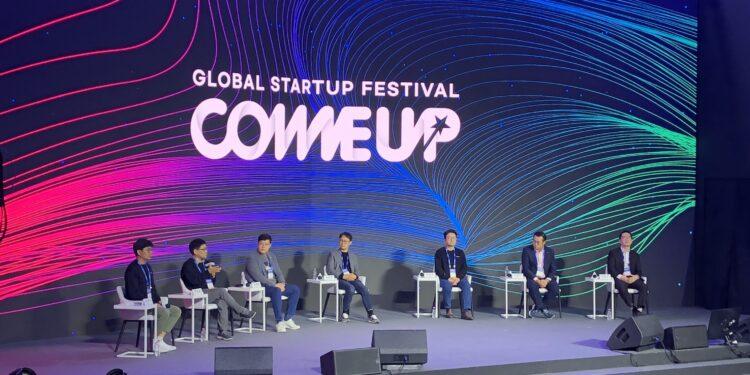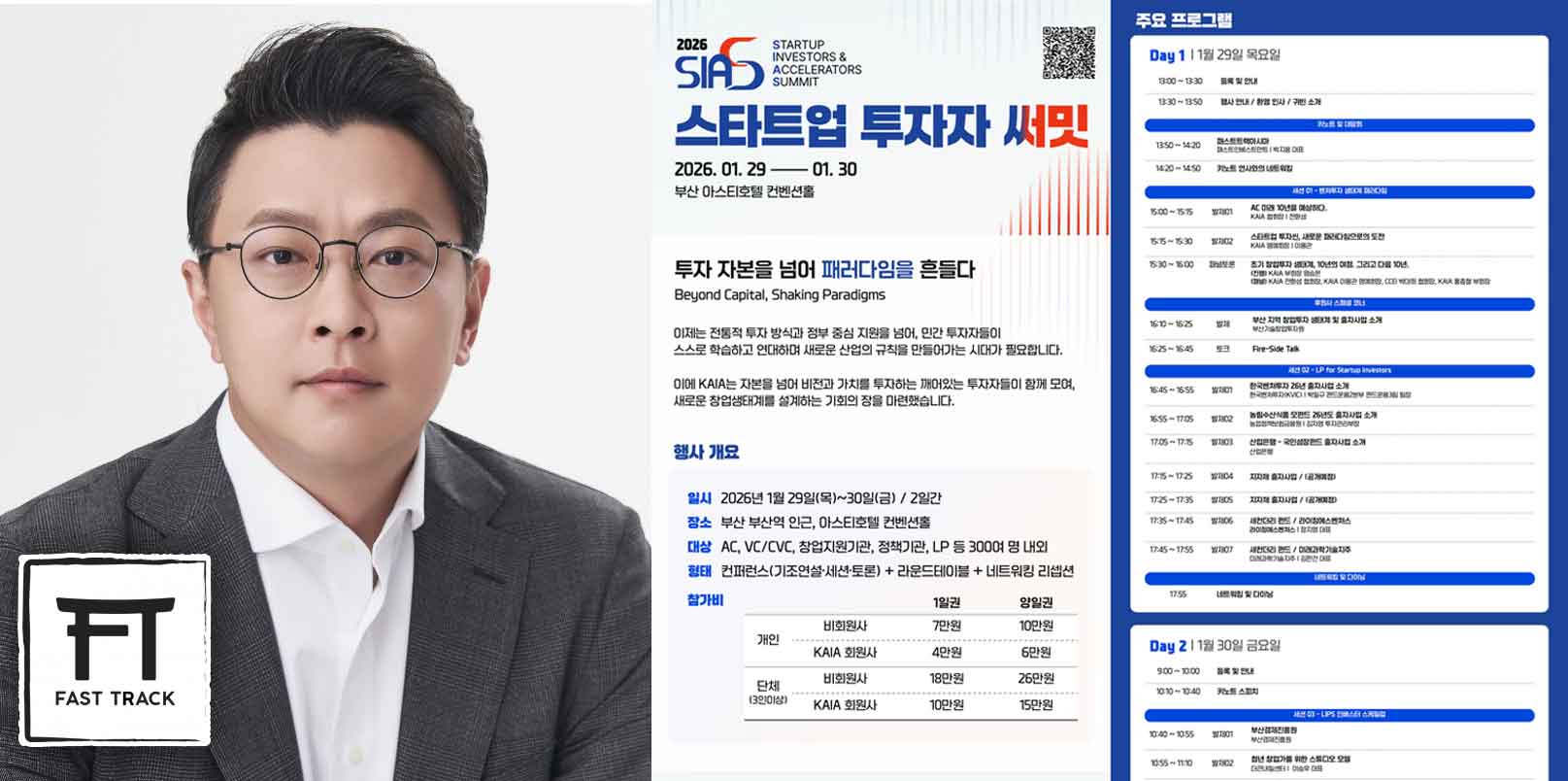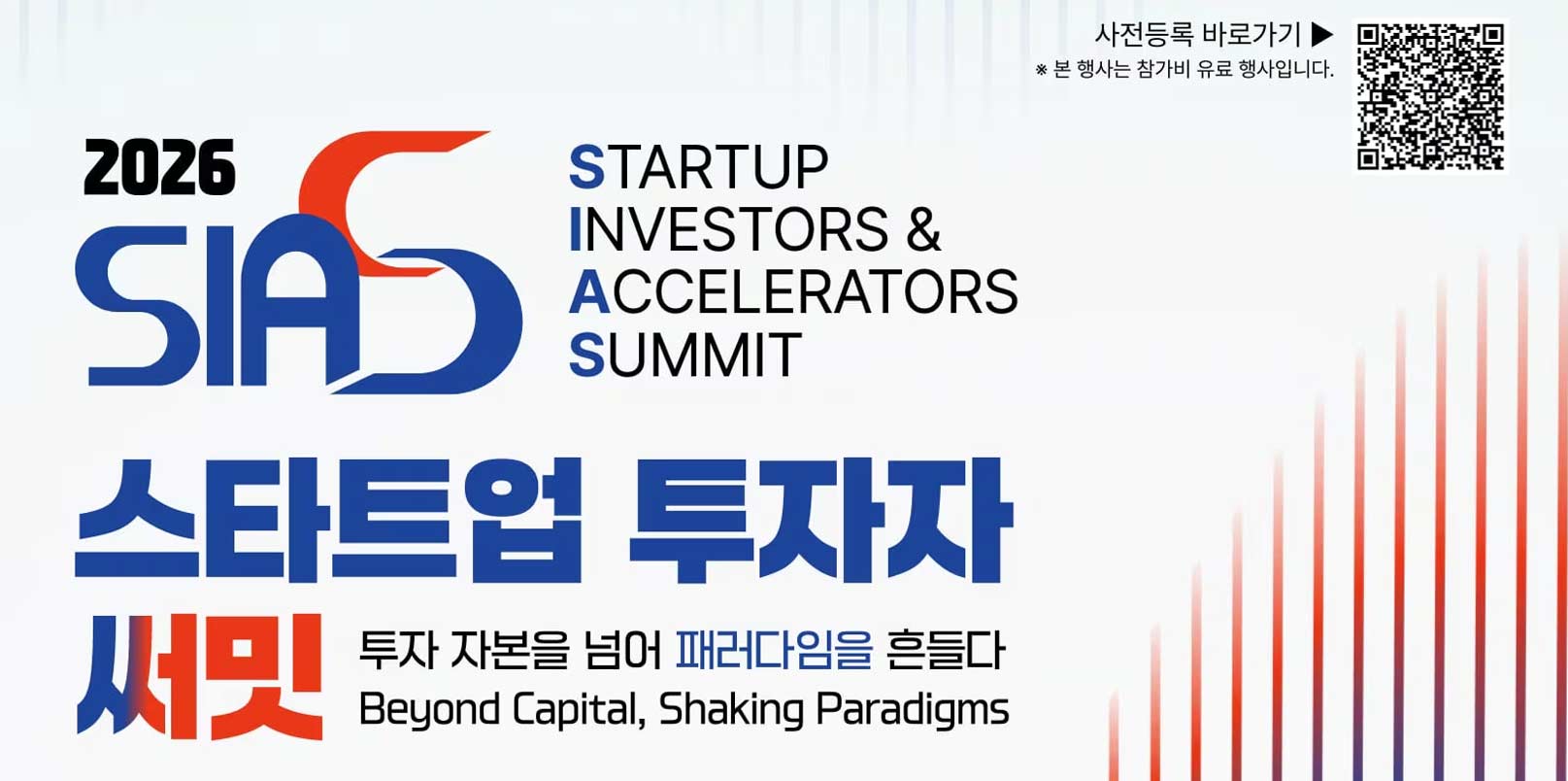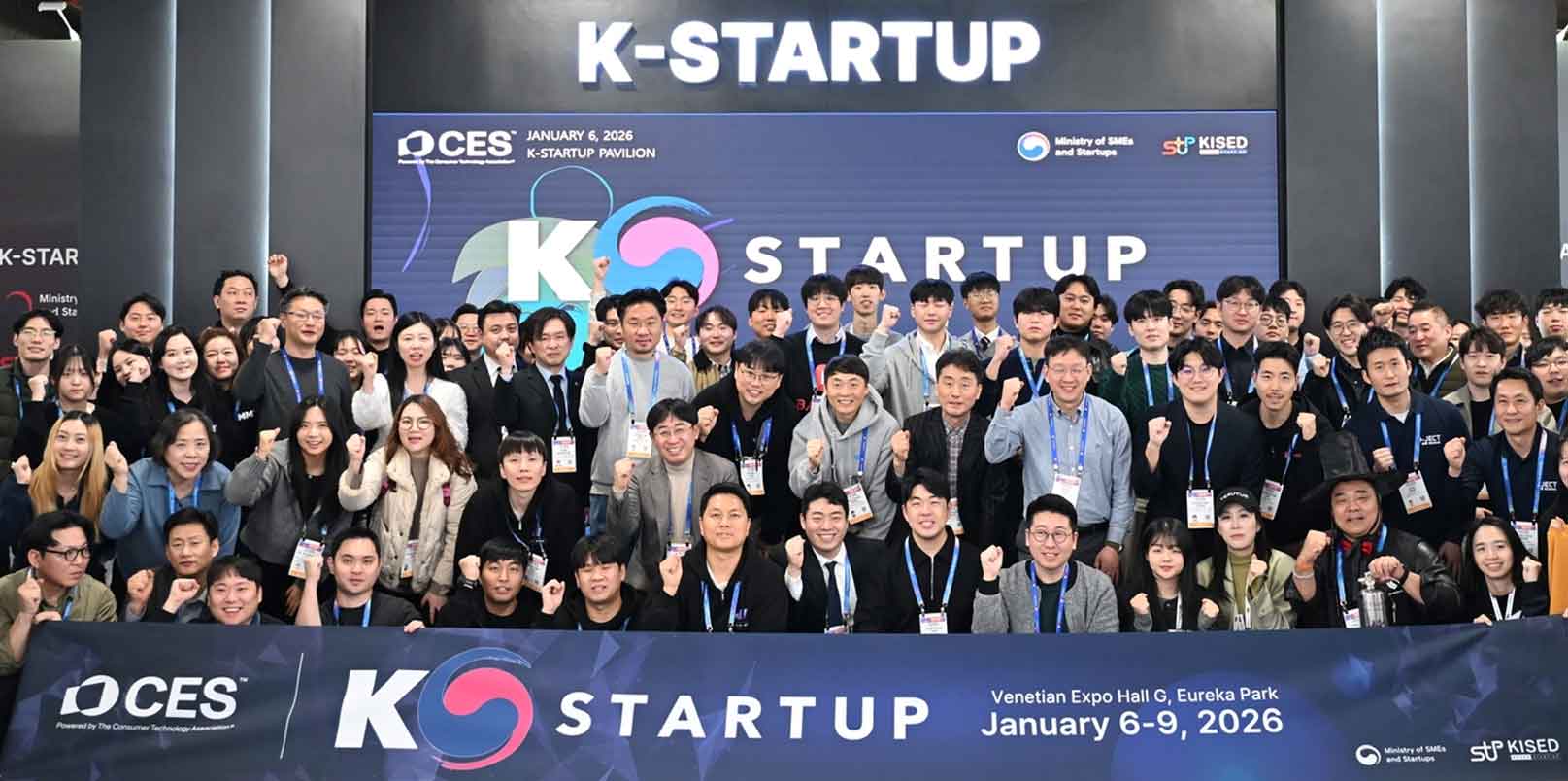Covid-19 impacted everyone in one way or the other. It changed people’s lives and livelihoods for the worst, causing people to fall sick, lose their jobs, and seclude themselves from society. However, the pandemic has also presented many investment opportunities, with startups coming up with new innovative products and services designed to minimize the virus’s impact on our lives or design suitable strategies to contain it. It also saw a significant increase in the number of online workers. But as we enter the post-pandemic stage, will these opportunities still be there? KTD was live at the open innovation conference and brought you the following report.
Remote Working in the Post-Covid Era
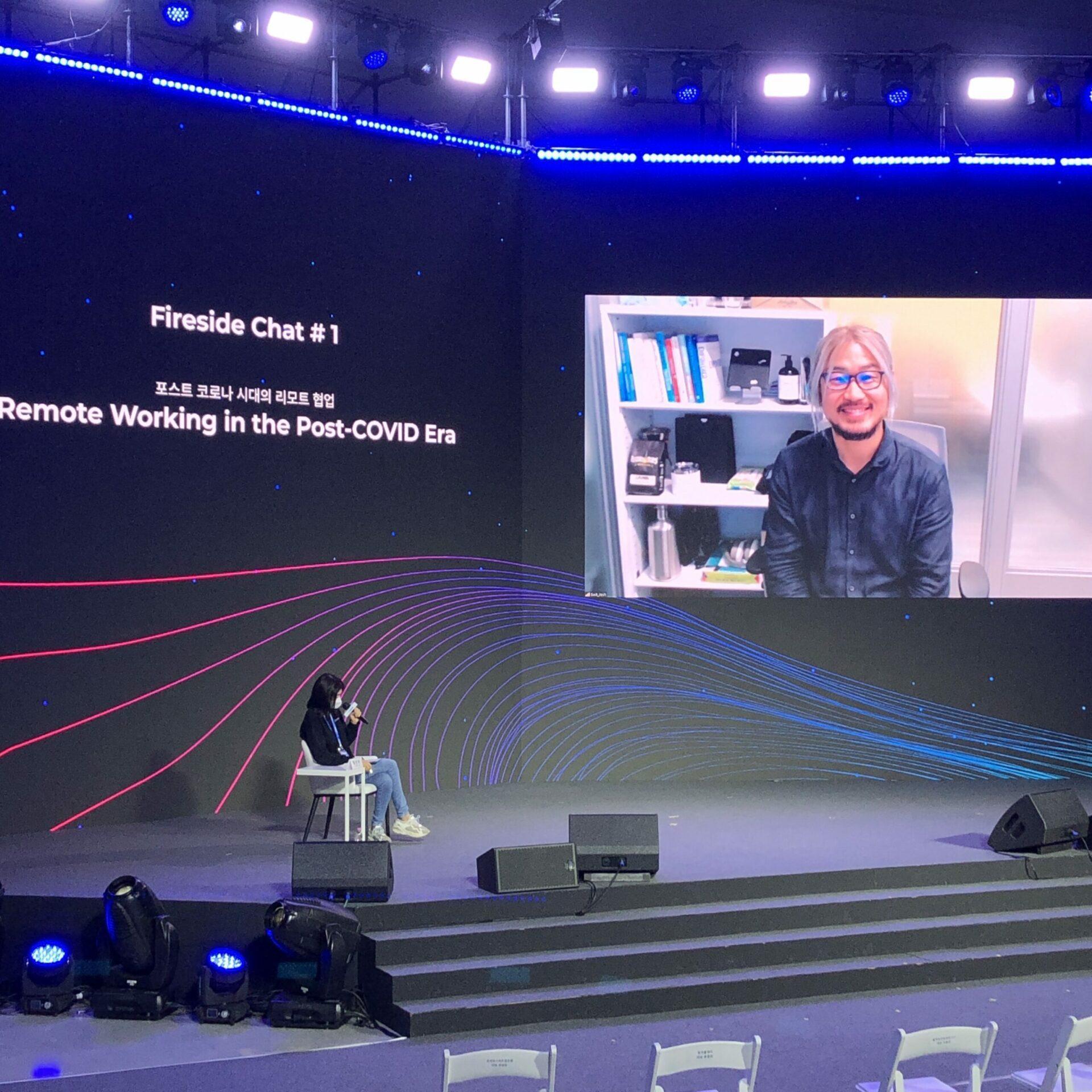
The speakers in this fireside chat were Josh Lee, CEO of SWIT, and Shina Chung, CEO of Kakao Ventures. The discussion was on remote working in the post-Covid-19 era. The talk was started by Josh Lee introducing his company. He describes SWIT as a company that provides a single platform for work, and they also provide tools for work cooperation.
“Due to Covid 19, there has been a surge in the use of such remote online tools,” commented Shina Chung regarding SWIT. She then proceeds to inquire about the significant changes experienced in the working environment. Josh responds by saying the significant changes can be briefly summarized into three questions; where, when, and how. These three encompass the most significant changes. He goes further to say that communication skills and interpersonal skills are crucial for remote working environment. He finished off by saying that the best practice we want to make is the co-ordination of interdependence and this communication skill is very important
Open Collaboration and Business Strategies Based on Collective Intelligence
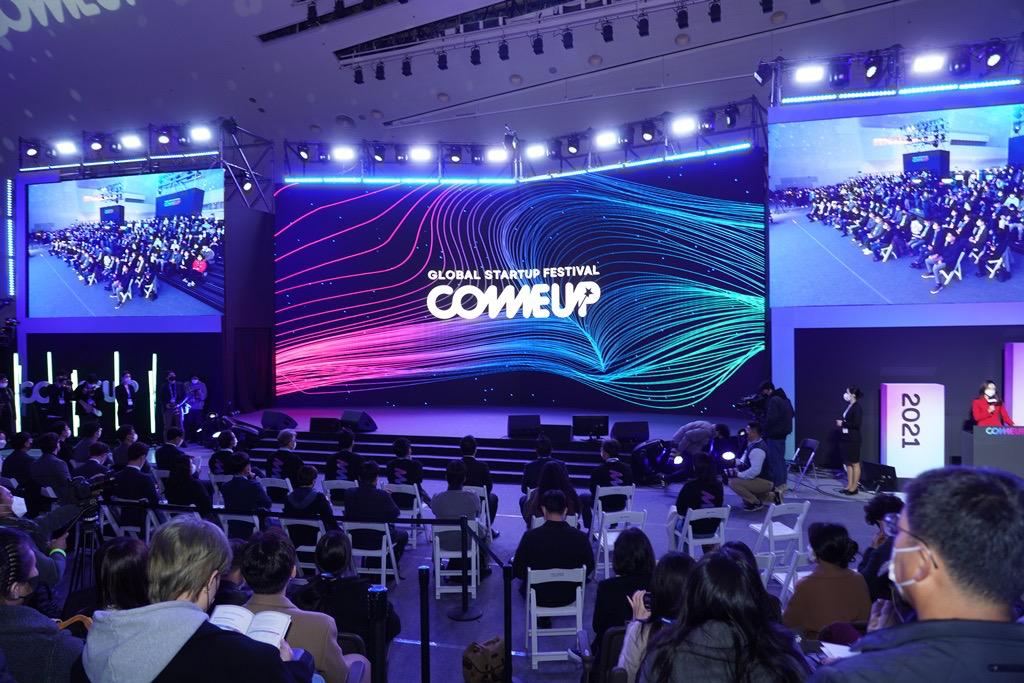
The two speakers in this fireside chat were Luther Lee, CEO of Voithru, and Simon Lee, CEO of Flitto. Luther Lee, It kicks off the discussion by giving insight into the business of Voithru Company. “We translate cultural contents into platforms,” says Luther. He says that collective intelligence is not relying on one expert but a lot of people putting together one source. Translations require several experts. Through collective work, they can translate content. “Translation needs expert professionals’ translators then the content will be attractive.” says Simon Lee. They finish off the discussion by saying, “When doing business, you need new challenges n order to create this ecosystem. We need new challenges to create this crowdsourcing collective intelligence ecosystem.”
How to Win the Start-up War for Talent
The three panelists in this discussion were Bokkee Lee, CEO of Wanted Lab; Jaeho Choi, CEO of Drama and Company; and Sunghyun Hwang, CEO of Quantum Insight. Sunghyun Hwang suggested that there are many change drivers. These include demographics, economics, government, environment, society/culture, and technology. According to him, due to technical changes, we need to have developers who move very fast. We need to discover talent who can adapt to this changing environment. Due to high speed, there is a lack of supply and higher demand; therefore, it is clear that a talent war will break out. The fundamental idea is “How many people do we need to recruit and what needs to be the ratio between developer, designer, and people who are engaging in marketing.


